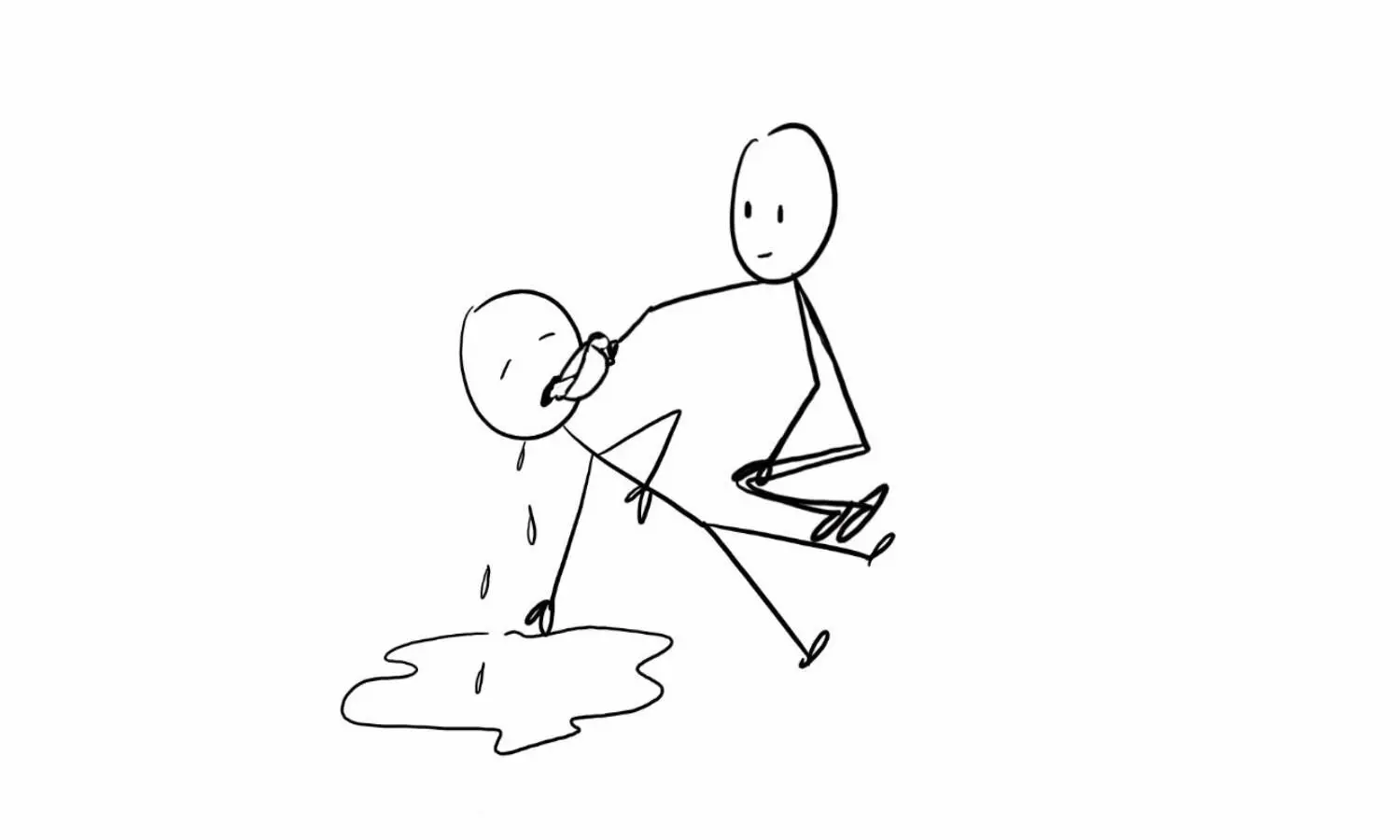No means No: Explaining consent through a simple cup of tea
The video was shown as part of the ongoing hearing at the Delhi High Court regarding petitions which challenge the exception to Section 375 of the Indian Penal Code which exempts forceful sexual intercourse by a man with his own wife from the offense of rape, provided the wife is above 15 years of age.
By Amrutha Kosuru Published on 15 Jan 2022 9:30 AM GMT
Hyderabad: An explainer video on tea and consent has been circulating online after senior advocate Rajshekhar Rao used the video as part of the hearing of a case in the Delhi High Court on Friday.
The video is available on YouTube and was uploaded by Thames Valley Police in 2015. "If you're still struggling with consent just imagine instead of initiating sex you're making them a cup of tea," the description says.
The video revolves around whether or not a person wants to drink tea and presses upon 'don't force people to drink tea'. The video uses simple animated figures and a cup of tea to explain consent.
The video was shown as part of the ongoing hearing at the Delhi High Court regarding petitions which challenge the exception to Section 375 of the Indian Penal Code which exempts forceful sexual intercourse by a man with his own wife from the offense of rape, provided the wife is above 15 years of age.
Senior advocate Rao, during the hearing, said that the video was circulated on social media after the Nirbhaya case. As per Live Law reports, after displaying the video at the High Court, Mr. Rao said, "This is what Sec 375 incorporates. It incorporates the ability of a woman to say no, a situation where a woman may have said yes but the law decides that she can't say yes. Law says yes is also a no."
During the hearing, he told the High Court that the exception for marital rape is based on an outdated concept of marriage presuming consent.
According to National Family Health Survey-5 (NFHS-5), 31% of married women have been slapped by their husbands in Telangana, 15% reported being pushed, shaken, or having something thrown at them. Ten per cent experienced having their arm twisted or hair pulled, eight per cent being punched with a fist or something that could hurt her, 15% reported being kicked, dragged, or beaten up, and two per cent reported that their husbands tried to choke or burn them on purpose.
Four per cent of ever-married women aged 18-49 reported that their husbands have physically forced them to have sex even when they did not want to and two per cent reported that their husbands have forced them with threats or in any other way to perform sexual acts they did not want to perform.
Overall, 37% of ever-married women have experienced spousal physical or sexual violence from their current husbands or if not currently married, from their most recent husbands. A few ever-married women (5%) reported that they have initiated violence against their husbands when they were not already beating or physically hurting them.
